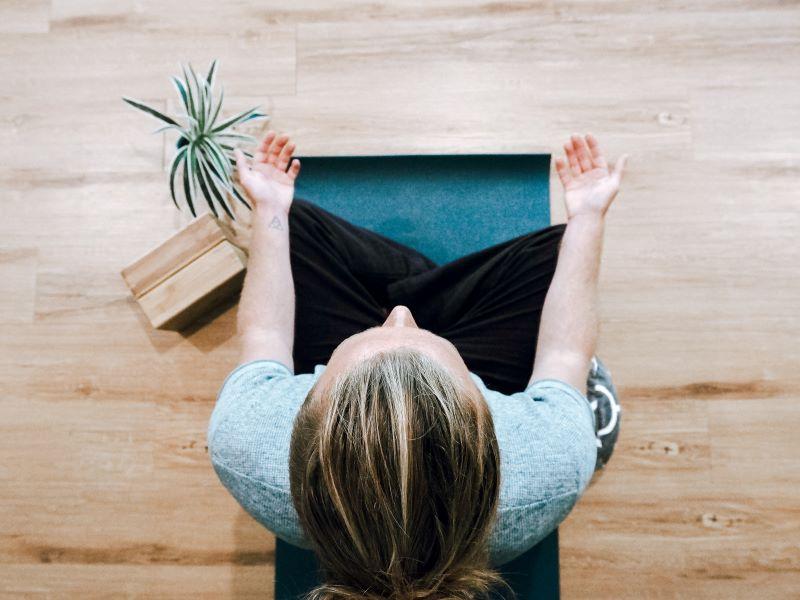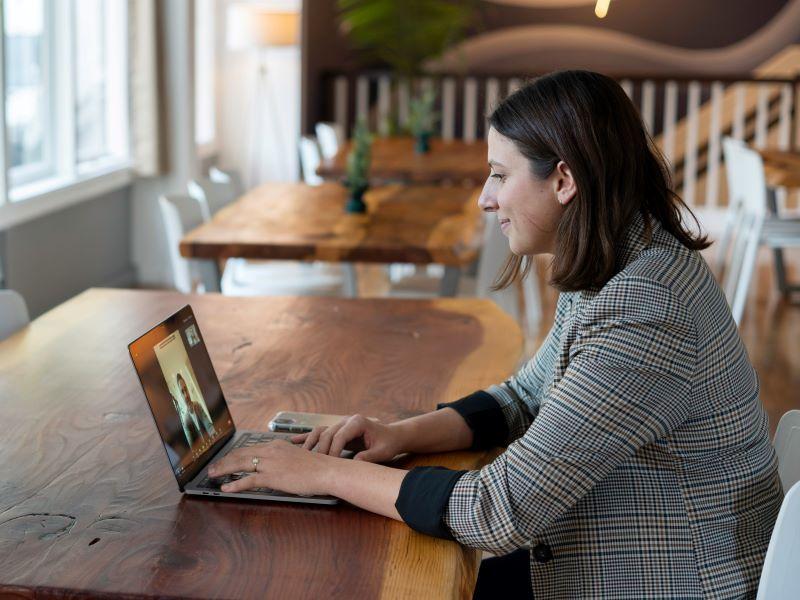Tackling the roaring student well-being crisis has become a priority for the higher education sector, and holistic, “whole-university” approaches have been recognised as the most effective for this complex task.
As part of these multi-stranded strategies, it is important to increase students’ well-being literacy, helping them to better understand what well-being is and to learn how to support themselves as well as their community.
To meet this need, we developed an online open access “Understanding Wellbeing” module that guides students to discover this crucial concept. The module is open to all students and provides them with a safe space and a helping hand to begin or continue their own well-being journey.
- Supporting student well-being from afar
- Well-being pedagogies: activities and practices to improve the student experience online
- Socio-emotional learning online: boosting student resilience and well-being
In this extracurricular academic module, students explore well-being from different disciplinary viewpoints, ranging from scientific, economic, psychological and philosophical perspectives, gaining a holistic, interdisciplinary understanding of this complex concept. Students are also supported to remotely engage with activities and strategies that can improve their well-being, from exercise and art to mindfulness and many others. And, very importantly, they look at what factors might be affecting their well-being, from social media and emotions to dealing with failure.
When shaping this module, it became apparent that only a co-creative approach would allow us to deliver an inclusive resource that served the whole university community, supporting students in exploring well-being in their own time, pacing their learning experience according to their own needs. We recognised that the “experts” of student well-being, university life and of what works online are the students themselves, and therefore they needed to play a pivotal role in the creation of the module.
Co-creation is about removing traditional hierarchies, with students treated as equal contributors. The co-creation effort allowed us to incorporate students’ experiences and needs from the module’s inception and to shape its form and content accordingly.
Here is what we learned in the process:
Tip 1: Co-creation means co-creation
The students who were assigned the role of “co-creation officers” were involved at every stage of the module development, and they led on the main decisions that yielded the final module. Co-creators had agency and a meaningful voice throughout the process. For example, learning objectives were established by the officers supported by staff and in consultation with a large pool of students who undertook the original, in-classroom module. These conversations also determined the module’s content, with changes from the original course. For example, a session about social media and well-being was introduced as result of the consultation.
The officers also decided on content formats, opting for podcasts that captured conversations between a disciplinary academic expert and a student about a particular aspect of well-being. Podcasts were selected so students could listen to them when it suited, perhaps while walking or shopping, gearing up the module for time constraints of university life. The co-creators decided to gain formal HEAR accreditation for the module, to underline the value of well-being literacy for students and to act as further incentive for students to enrol.
The officers were also supported and trained by IT staff as well as by an external podcast producer to make sure that they could develop the Moodle resource in its entirety, shaping it according to students’ recommendations and ideas. As said, co-creation means co-creation!
Tip 2: Co-creation means negotiation
Students and staff worked collaboratively on the module. Co-creators worked with, not for, the academic staff, free from traditional boundaries and hierarchical constraints. The academic staff also offered regular support as well as IT training and acted as a sounding board, leaving the space to co-creators to discuss and trial ideas. As a result, the co-creating exercise was fulfilling but also prolonged and full of negotiations as many student voices were consulted. This process of negotiation, trial and error, and training required a significant time investment – something to keep in mind when planning a similar online co-creation project.
Outcome: Co-creation means enhanced accessibility
Our focus was to make the module welcoming and truly accessible to all. This was complex because the module is open to thousands of students, and participants engage with it remotely and without direct interaction with peers. Nevertheless, the described process of negotiation allowed us to incorporate the voices of a variety of students with different learning styles and necessities. It guided the co-creators to develop adequate content in a variety of formats such as the reflective and quiz tasks that students undertake as part of the online module and a series of infographics for summarising the podcasts’ content.
Increasing the well-being literacy of university students is an important step for supporting wider institutional well-being strategies. Open access, online modules offer a great opportunity for reaching a very wide audience. Yet it is crucial to incorporate students’ voices when developing these novel tools, so co-creation can be a key to unlock the potential of such resources.
Staff co-creator Elena Riva is associate professor and director of studies at the Institute for Advanced Teaching and Learning (IATL) at the University of Warwick.
Student co-creator Wiki Jeglinska is studying an MA in research in education at University of Warwick.




comment